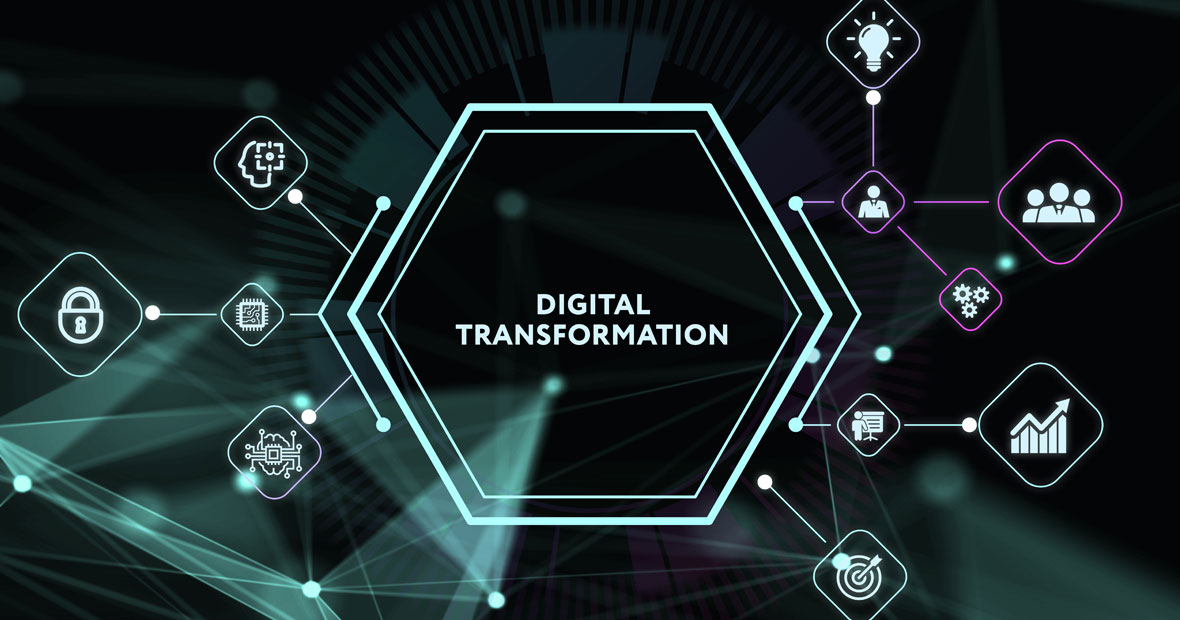
Within the ever-evolving world of business, corporate culture and digital transformation stand as two cornerstones shaping the modern realm. As the pulse of any organization, management plays a pivotal role in steering these forces towards fruitful outcomes. Thriving in the digital age requires a culture of innovation and change fostered by proactive leadership. Key responsibilities lie in driving technological adoption, instating effective channels for continuous learning, ensuring employee engagement, and implementing reward systems for digital transformation initiatives. Despite the potential hurdles and resistance towards new technologies within organizations, astute management can pave the way towards successful integration. Evaluating the impact of digital transformation on organizational performance then becomes a crucial part of the process. The journey of intertwining corporate culture with digital transformation under the watchful eyes of management forms the crux of this enlightening discussion.
Management's role in fostering a culture of innovation and change
Leadership remains pivotal in cultivating a culture of innovation within organizations. Transformational leadership, in particular, plays a significant role in instilling values of change and innovation into the mission and vision of a company. Success in businesses today is heavily reliant on how well the management communicates expectations of change and innovation to employees. This communication is crucial in driving digital transformation initiatives, which are essential in today's rapidly evolving business environment.
Empowering leaders to drive technological adoption
Leaders are at the helm of technological adoption. Their role in managing and encouraging risk-taking and creativity among teams is undeniable. By creating an environment conducive to experimentation and continuous learning, leaders can significantly contribute to propelling the company forward. This environment, in turn, enables employees to contribute to the business's success.
Creating channels for continuous learning and employee engagement
Management plays a critical role in establishing avenues for continuous learning and employee engagement. These channels allow employees to adapt to change and contribute to the culture of innovation. Employee feedback is a valuable resource that leaders can utilize to strengthen the culture of innovation and change.
Implementing reward systems for digital transformation initiatives
Management's contribution to the successful implementation of digital transformation initiatives extends to instituting reward systems. Recognizing and rewarding employees' efforts in these initiatives fosters a positive environment that encourages innovation and change. Therefore, leaders play a significant role in driving the success of digital transformation in businesses.
Overcoming resistance to new technologies within organizations
Adapting to new technologies often presents a challenge within organizations. Resistance is a common reaction, but the roots of such resistance need to be identified and understood. Employees may resist change due to a lack of understanding, fear of job loss, or perceived inconveniences. Therefore, the company leadership plays a significant role in fostering a culture of adaptability and embracing technological changes. Effective communication strategies are paramount in reducing resistance. Presenting the benefits of technology in a clear and relatable manner to employees is one such strategy.
Training and support systems act as bridges to technology adaptation. Ensuring that people feel equipped to manage change is key to overcoming resistance. The significance of involving employees in the decision-making process should not be underestimated. Empowering employees in this way boosts technology acceptance and promotes a more positive attitude towards change. Case studies of successful digital transformations provide valuable lessons. These studies, backed by research, offer insights into how organizations have successfully overcome resistance to new technologies. Allowing employees to see the benefits of change through the success of other organizations encourages an open-minded approach to new technologies.
Measuring the impact of digital transformation on organizational performance
Within the sphere of the corporate world, digital transformation stands as a significant force that drives changes and fosters growth. Leadership plays a significant role in managing these changes, significantly affecting the success of digital adoption. Through the use of advanced technology and innovative approaches, businesses witness improvements in their operational capabilities and a surge in their long-term growth.
Evaluating the effectiveness of digital transformation on a company's performance requires a sound understanding of data analysis. It presents an accurate measure of return on investment (ROI) for businesses that embrace digital strategies. Clients' satisfaction and engagement level often mirrors the effectiveness of a company's digital transformation - a clear reflection of the transformation's impact. For a company to harness its potential future, developing an organizational culture that is receptive to digital transformation is essential. It forms the cornerstone for performance enhancement and the realization of long-term growth.